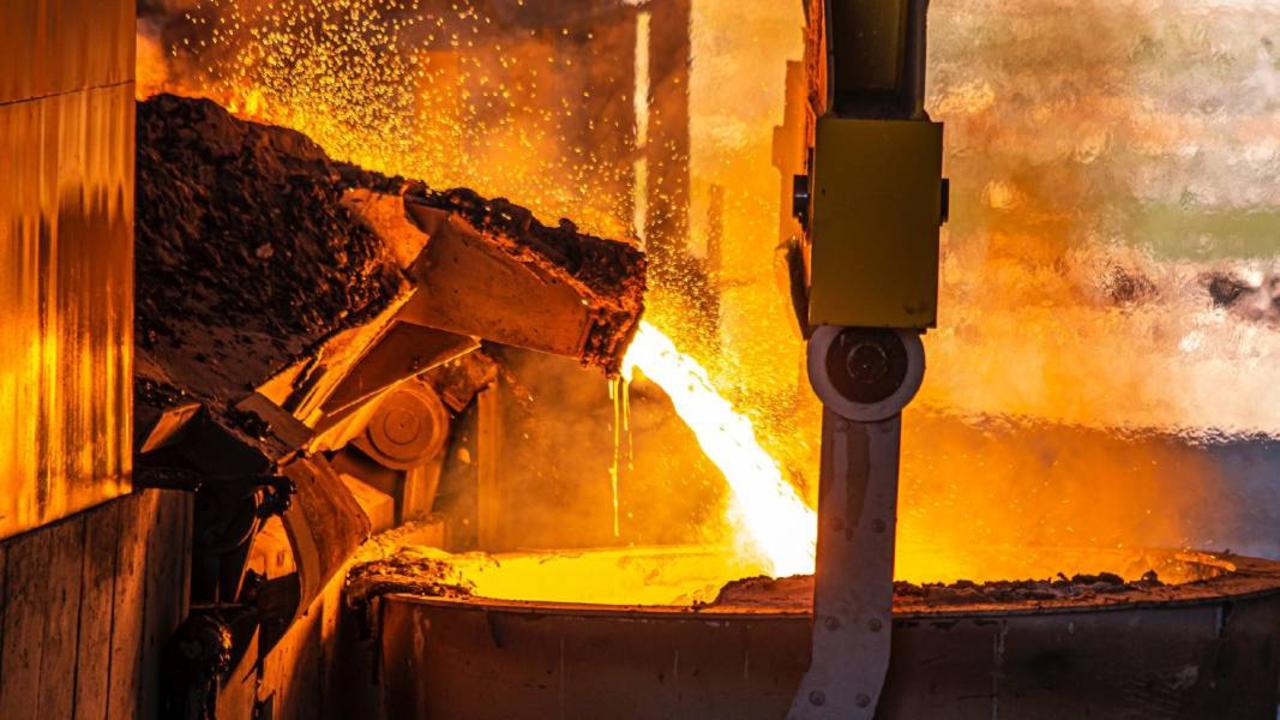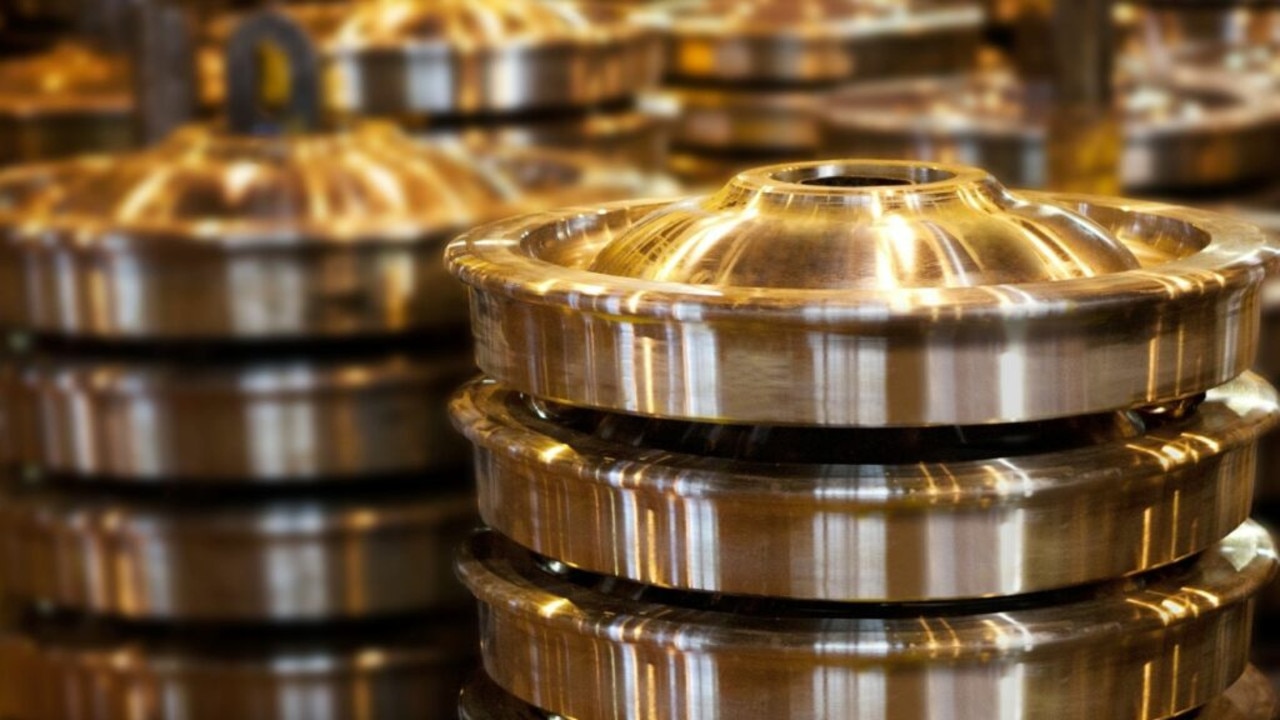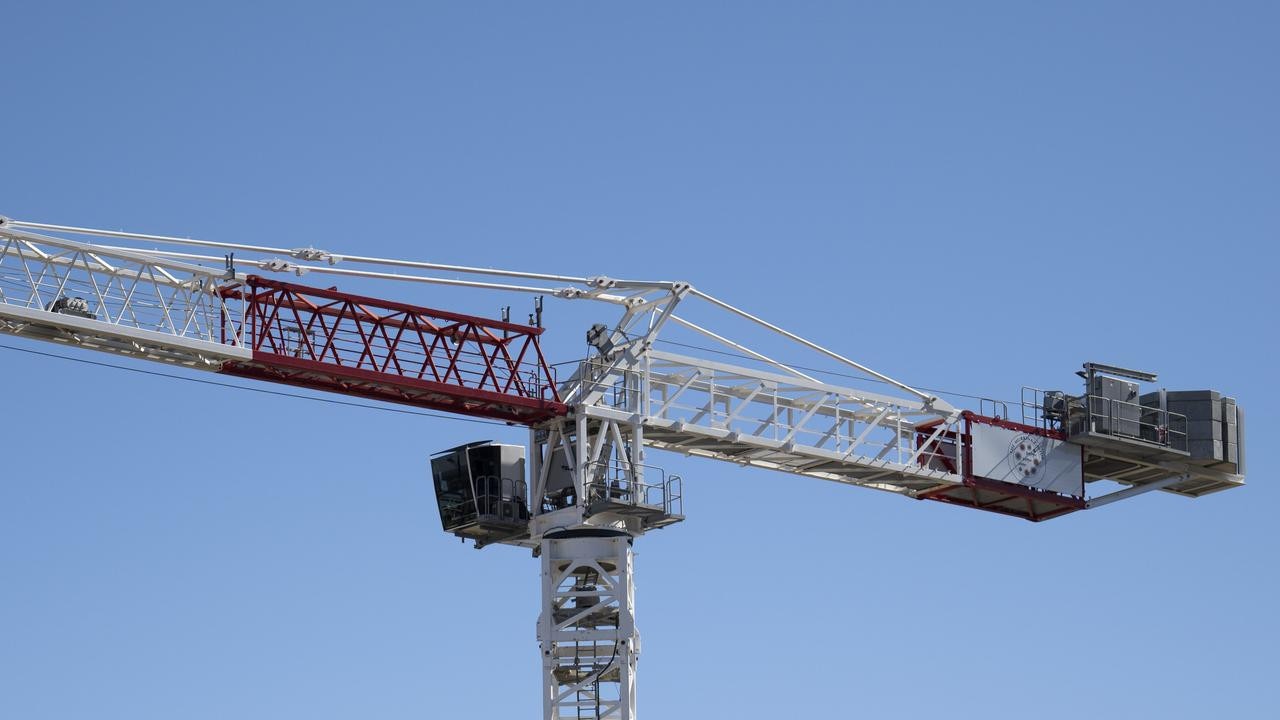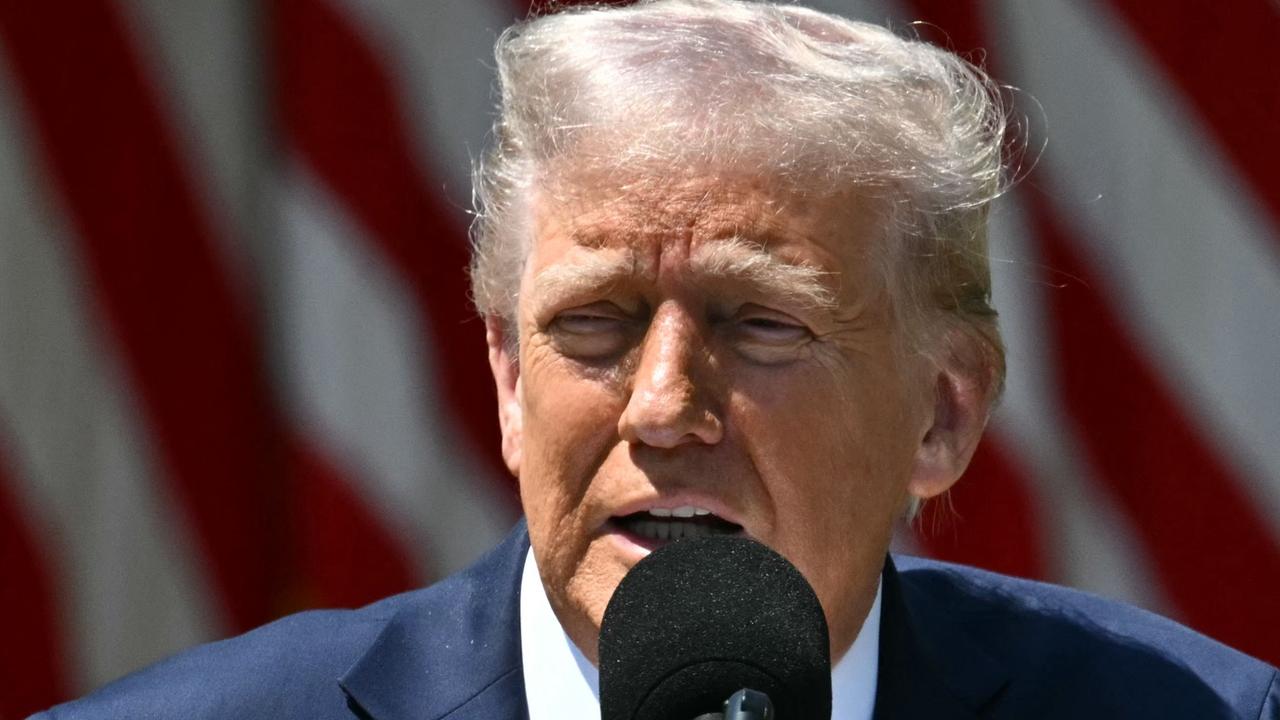250 jobs axed as Molycop stops Newcastle steelmaking operations
Hundreds of workers have lost their jobs after a manufacturing plant in Newcastle “effectively ended steelmaking” in the Hunter.

Hundreds of workers have lost their jobs after a manufacturing plant in Newcastle “effectively ended steelmaking” in the Hunter.
Molycop announced the decision by saying it was restructuring its steelmaking operations in the region.
The decision will affect 250 of the 540 roles at the Waratah site.
Molycop Australasia president Michael Parker told news.com.au it was a “difficult decision”.
“But it is one that we believe best positions Molycop Australia for success over the long term,” he said.
Mr Parker described it as a “challenging time” but that the decision aligned Waratah’s business model with Molycop’s other operations across the globe.

Australian Workers Union NSW branch secretary Tony Callinan said employees had been given no notice about the decision.
Mr Callinan told news.com.au that workers had “no inkling” of the decision before it was made this week.
“We have known energy prices, gas supply and anti dumping was having a significant impact on business but we didn’t expect this,” he said.
Mr Callinan said the decision effectively ended steelmaking in the Hunter.
“Newcastle has been known as a steel city for decades and we no longer make steel here,” he said.
“The wash up is that they will be importing steel to make their value added products rather than making steel in Newcastle.”

He said many of the workers had been employed at the company for more than 10 years.
“It is a relatively stable workforce, a lot of them have worked there anywhere between 10 to 30 years, some of them it was the only job in their lifetime,” he said.
Mr Callinan speculated the decision was a result of a combination of factors including high energy prices, a lack of gas supply and dumping.
In 2021, Molycop warned it would be forced to cut more than half of its Australian workforce if Australia’s Anti-Dumping Commission did not extend tariffs on its Chinese competitors.
Dumping refers to the practice of exporting goods below their normal prices, either to win market share or to get rid of excess products.
It is prohibited under WTO rules, and when it is identified the importing country is allowed to impose “anti-dumping duties” to return the goods to a normal price.
China is the world’s top steel producer.
More Coverage
Earlier this month India imposed an anti-dumping duty on some Chinese steel for five years, according to Reuters.
carla.mascarenhas@news.com.au
.






